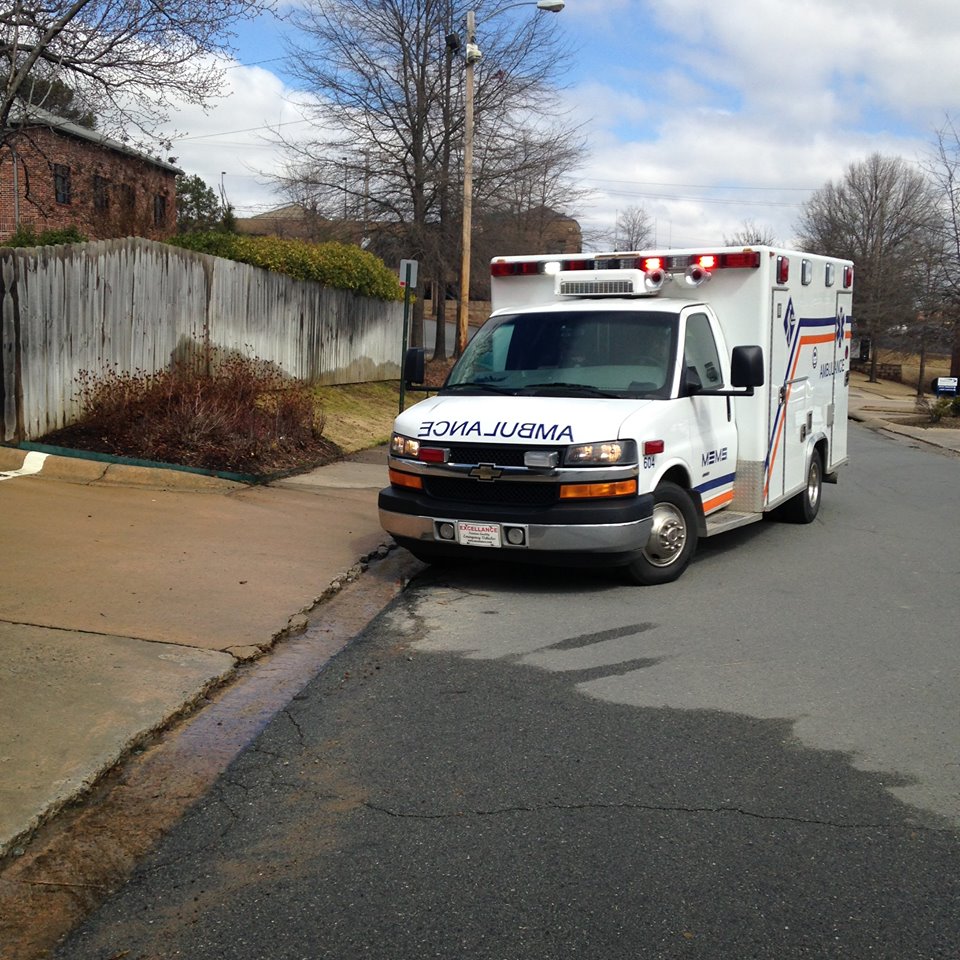Obamacare Rule Could Require Doctors, Hospitals Go to Court to Prove Religious Convictions
 Last Friday the Obama Administration unveiled a set of guidelines effectively forcing schools to let biological males who claim to be female use the women’s restrooms, locker rooms, shower facilities, and so on at school–and vice versa. The Obama Administration justified these guidelines by claiming Title IX of the Education Amendments of 1972–which prevents discrimination on the basis of sex in education–also prohibits discrimination on the basis of gender-identity,even though the law never mentions gender-identity.
Last Friday the Obama Administration unveiled a set of guidelines effectively forcing schools to let biological males who claim to be female use the women’s restrooms, locker rooms, shower facilities, and so on at school–and vice versa. The Obama Administration justified these guidelines by claiming Title IX of the Education Amendments of 1972–which prevents discrimination on the basis of sex in education–also prohibits discrimination on the basis of gender-identity,even though the law never mentions gender-identity.
The guidelines have been greeted by vocal opposition–especially in Arkansas, where congressional delegates, the governor and attorney general, and state legislators have come out against the guidelines.
The same day these egregious guidelines were issued, the federal Department of Health and Human Services issued its final version of the “Section 1557” rule effectively requiring doctors and hospitals to offer “gender transition” services.
Section 1557 is a portion of Obamacare, which Congress passed in 2009. Section 1557 prevents hospitals and similar facilities from discriminating against patients on the basis of sex, among other things.
Just like the federal Department of Education unilaterally reinterpreted Title IX with its school guidelines, DHHS unilaterally reinterpreted Obamacare Section 1557. According to DHHS, Section 1557 also prohibits discrimination on the basis of gender identity; the new rule prohibits healthcare providers that receives federal funds, including hospitals that accept Medicare and doctors who receive Medicaid payments, from “discriminating” on the basis of gender identity.
So what does this mean? Well, aside from being a radical reinterpretation of federal law, the rules threaten religious liberty. DHHS writes, “categorical coverage exclusions or limitations for all health care services related to gender transition are discriminatory” under these new federal rules.
In other words, hospitals that do not offer sex-change surgery, hormone therapies, and so on for individuals who disagree with their biological sex may be penalized–and risk forfeiting any federal funding.
But many religiously-affiliated hospitals object to sex-change operations. And the rule contains no religious exemption for these hospitals and facilities.
This is not some oversight on the part of the government. The Obama Administration said point blank it thought about including a religious exemption in the rule, but decided not to, saying “[the Department of Health and Human Services’ Office of Civil Rights] decided against including a blanket religious exemption in the final rule” because religious freedom is already protected elsewhere in federal law–such as in the federal Religious Freedom Restoration Act.
By deliberately omitting any religious exemptions in the final version of the Section 1557 rule, the Obama Administration is virtually guaranteeing religiously-affiliated hospitals will be sued. Hospitals that have religious objections to offering sex-change surgery can be sued under Section 1557; they will have to go to court, stand before a judge, and argue that under the First Amendment and the federal Religious Freedom Restoration Act, requiring them to perform sex-change surgeries would burden their free exercise of religion. Whether they are exempted from complying with that part of the rule will be up to the judge.
By contrast, when Congress passed Title IX in 1972 prohibiting discrimination in education on the basis of sex, Congress made sure to include a religious exemption as part of the law itself. This prevents, for example, a federal court from forcing seminaries belonging to denominations that do not ordain women to admit and ordain female seminarians.
Under Title IX, schools like these can qualify for a religious exemption. By contrast, the Section 1557 rule not only reinterprets federal law, but it deliberately omits a religious exemption. This virtually guarantees religiously-affiliated hospitals will have to defend their deeply-held religious convictions in court.
These new rules contain unnecessary provisions that reinterpret federal law and threaten doctors’ and hospitals’ religious liberties.


 As the trouble-plagued Obamacare rollout continues, Colorado’s health exchange is getting some bad press for a bizarre ad campaign it has been running encouraging young people to sign up for health insurance.
As the trouble-plagued Obamacare rollout continues, Colorado’s health exchange is getting some bad press for a bizarre ad campaign it has been running encouraging young people to sign up for health insurance. The federal government is “shut down” today.
The federal government is “shut down” today.